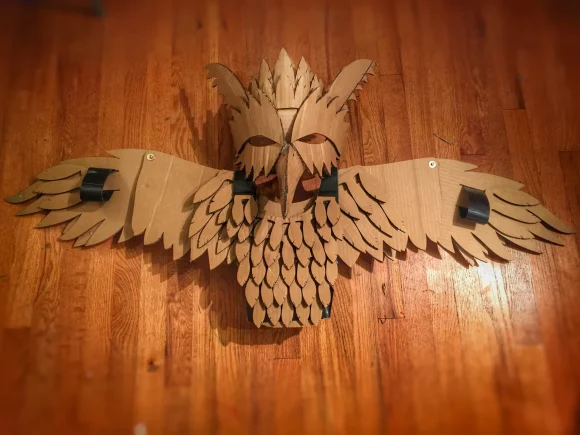Reading Antone Martinho-Truswell’s The Parrot in the Mirror for New Scientist, 9 March 2022
Organisms adapt over evolutionary time to their changing surroundings. This creates, over time, a living world of quite jaw-dropping diversity. It also generates some astonishing coincidences — if “coincidence” is quite the right word to describe how two quite unlike species, adapting to identical environments, end up looking and behaving the same. For instance, the pangolins of Africa and the armadilloes of South America look like close cousins; in fact they’re more closely related to humans than they are to each other.
Convergent evolution doesn’t have to be so visually obvious. Take humans and birds: few readers will take on trust Sydney-based zoologist Martinho-Truswell’s assertion that we “look like a strangely featherless bird”.
By the time I finished The Parrot in the Mirror, though, I found that image both compelling and reasonable. Martinho-Truswell explores the traits shared by humans and birds, from our unusual longevity to our advanced social skills, from our parenting styles to our intelligence and even our use of language. These, the author argues, are all extraordinary examples of convergent evolution at work.
Crudely, Martinho-Truswell’s argument goes like this:
Once birds could fly, they could elude almost all predators. And since they were unlikely to be eaten in any given year, it made sense for birds to go on living, producing more eggs and offspring. Increased longevity followed. With longevity came increased intelligence. Long-living animals need to be smart because they get to be the parents of young who develop over a longer period. And because longer development requires a bigger egg and a bigger yolk sac, and because an egg can only get so big, most birds hatch out very immature, helpless young, that require enormous amounts of care. This care is provided by pair bonded parents, sometimes supplemented by a larger community, hence the evolution of complex social behaviour and language (or song, at any rate).
The human story is a twisted mirror-image of the avian one. Communal behaviour among primates promoted the evolution of intelligence, and this reduced the likelihood of predation. Longevity followed, boosting intelligence further, to the point where big-brained human young have to be born immature and helpless so as not to kill their mothers in childbirth.
For different reasons, then, humans and birds evolved measurable intelligence. But how do we compare our abilities? Can we even talk about bird smarts and human smarts in the same sentence?
Martinho-Truswell’s handling of this subject is very well done. A balance has to be stuck between precision and imagination. On the one hand, a duckling’s ability to imprint upon its mother shortly after the moment of its birth puts it well ahead of chimpanzees, parrots, pigeons, crows and even human children, but this one hardwired ability doesn’t necessarily make the duckling more intelligent. On the other hand, it would be a dull observer indeed that did not see in Irene Pepperberg’s thirty-year study of language use in Alex, an African Grey parrot, quite staggering evidence of advanced cognition. (Alex not only asked questions; it asked them, and got annoyed if people offered dumb responses.)
Containing the niceties of convergent evolution in a straightforward narrative is not easy. Evolutionary causes and effects do not follow each other in neat, storybook fashion, and there’s always the temptation, reading this book, to take Martinho-Truswell’s acts of narrative shorthand at face value and suppose that humans, 50 million years behind parrots in the evolution of intelligence, somehow became more human by actually mimicking their distant avian cousins. (Distant cousins indeed, by the way: the last common ancestor of birds and mammals died out 320 million years ago.)
But it is surely better to be very slightly misled by a gripping story than to be bludgeoned by a dull one. Martinho-Truswell has written a superb introduction to a surprisingly complex and fraught field of study. Having read it, you will not look at yourself in the mirror in quite the same way.

